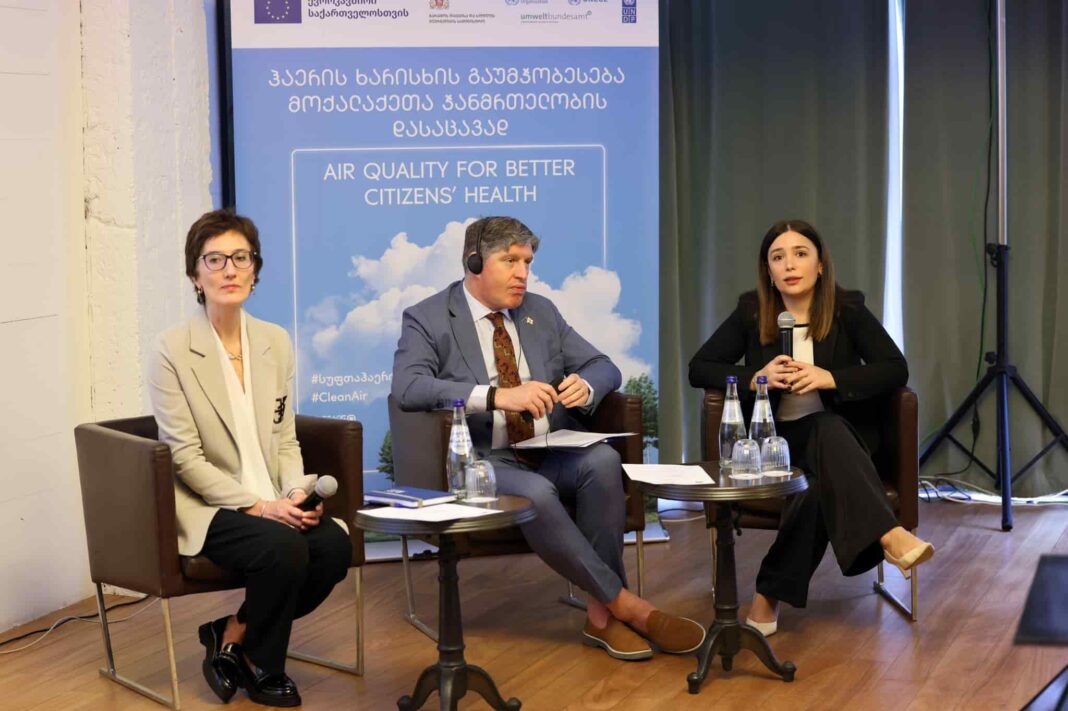Georgia: With the support of the EU, UN, and Austrian governments and the involvement of the Georgian government, a new project to improve air quality is being launched.
This collaborative effort underscores the Georgian government’s commitment to environmental protection and its dedication to improving the quality of life for its citizens.
The project aims to strengthen the air quality monitoring network and increase national capabilities in modeling and forecasting. First Deputy Minister of Environment and Agriculture Nino Tandilashvili attended the first working meeting within the project.
Nino Tandilashvili noted, “Successful cooperation with international partners of the Ministry of Environment and Agriculture is the result of our achievements in environmental protection, including air quality management.” We have taken significant steps to change national legislation to align with EU legislation; we have also made relevant amendments and brought fully closer to EU air quality management practices and standards. As you can mention, strengthening the air quality monitoring network and full compliance with EU framework standards is a priority for the country.”
“With cooperation and support from UNDP, by the end of 2025, Georgia will have an air quality monitoring network and system in line with EU requirements. It is necessary to have information about air quality to properly plan policies and take appropriate measures to improve atmospheric air quality,” said Nino Tandilashvili.
The new project, a significant undertaking, will span four years, demonstrating a long-term commitment to improving air quality. With a substantial budget of 4 million euros, the project’s financial backing underscores its importance.
The project’s implementation involves a wide range of international and national partners, including the Georgian Ministry of Environment and Agriculture, the National Environment Agency, the United Nations Development Program (UNDP), the World Health Organization (WHO), the United Nations Economic Commission for Europe (UNECE), and the Austrian Environment Agency (UBA). The project also welcomes the participation of representatives from academic circles and the private sector.



